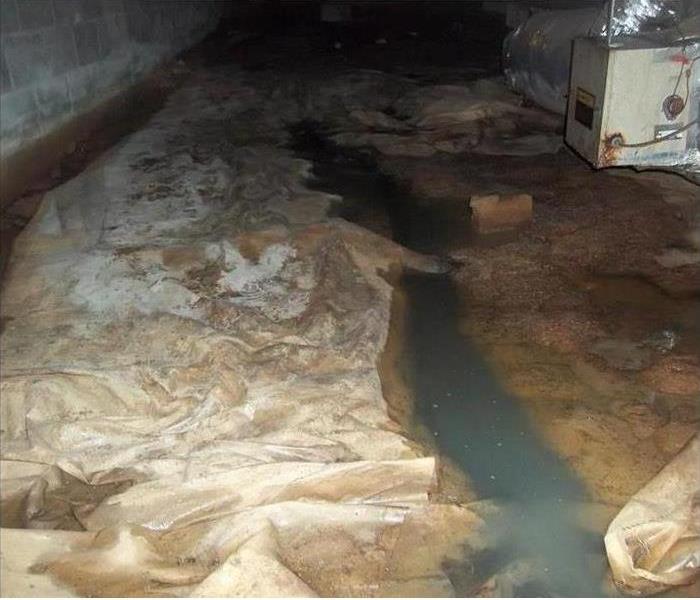Black Water: 3 Tips for Cleanup and Remediation
3/24/2022 (Permalink)
Black Water: 3 Cleaning and Remediation Tips
When flooding impacts your Mascot, TN, home, there is much to consider in terms of cleanup efforts. Assessing water damage, draining away standing water and salvaging household items will all likely be among your concerns; however, not all types of floodwaters are the same, and those that come from outdoor and sewer sources are usually highly contaminated. If you are facing the cleanup of such water, there are a few tips you can keep in mind to prevent additional damage to your home and belongings.
1. Learn What Category Types Mean
Before you attempt to restore your home after flooding, it is important to understand what different water grades mean. For example, Category 1 comes from sanitary sources, such as from a broken kitchen pipe. Category 2 might include laundry detergent or other types of cleaning residue. Category 3, or black water, comes from storm and sewer flooding and may contain caustic chemicals, raw sewage and other contaminants. If this type of flooding is responsible for any water damage in your home, it is wise to avoid cleaning it up on your own.
2. Seal Affected Areas if Possible
You can mitigate category 3 water problems by sealing off affected rooms if it is safe to enter your home after flooding occurs. Shut any doors to prevent water from leaking into other areas and stuff their bases with towels. Avoid trying to drain any of the water yourself, as you may come into contact with harmful contaminants.
3. Call in a Professional Water Removal Service
Cleaning up category 3 water is a job best left to professionals who have the equipment and experience to handle it. A storm damage and flooding restoration service can bring in machinery such as trash and sumps pumps and ozone units to drain away the water and clean the air of any offensive odors that may remain.
When black water damage affects your Mascot, TN , home, understanding how to handle it safely can be vital to the process. While you might be able to perform some mitigation on your own, it is best to call a professional for drainage and restoration efforts.






 24/7 Emergency Service
24/7 Emergency Service
